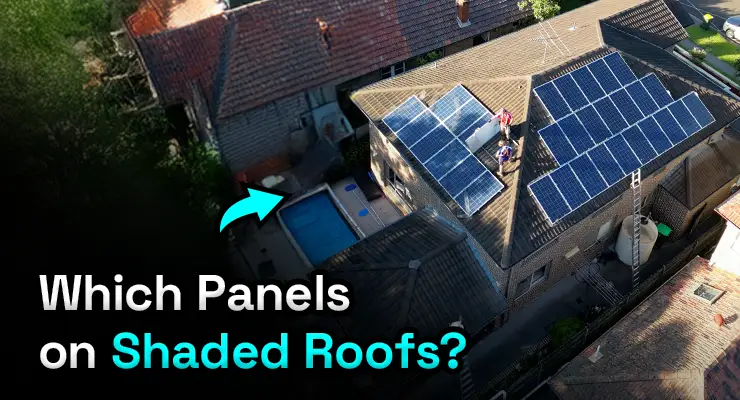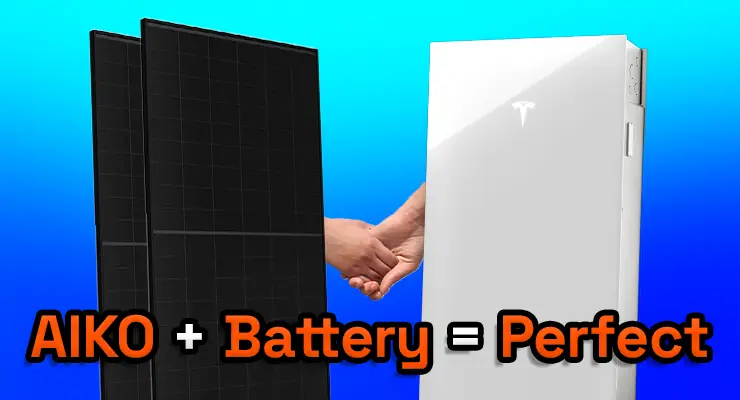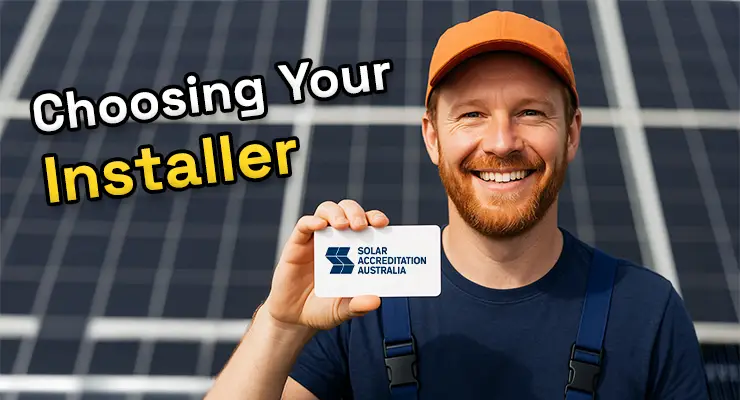Fast read
Some essential things to consider before purchasing a solar system for your business.
First, it's crucial to determine whether your structure can accommodate the installation of solar panels. This entails examining the roof's stability, the presence of anchoring points, and the available roof space.
The panels' orientation is also crucial. While facing north is optimal, any direction from north to east or west might be effective. Your company's electricity usage profile should also be taken into account.
Additionally, you should consider how much money you can save installing solar panels. This can be established by examining your electricity usage and the cost per kW/h in your region.
The optimal financial solution for your company should be chosen after carefully weighing all available options, including loans, leasing, and power purchase agreements.
What to consider before buying a commercial solar system
Commercial solar for businesses has grown exponentially over the last 15 years, and as electricity cost increases is a significant cost and risk to the viability of companies across the country. This applies explicitly to energy-intensive businesses, such as restaurants or manufacturing.
Installation of solar panels can significantly impact a business’s bottom line, offering increased stability and security in electricity costs for businesses long into the future.
Several considerations exist in assessing the potential value and risks of installing commercial solar on your business. Here at Your Energy Answers, we have detailed some of the critical initial considerations that should be top of your list.
1. Is the building suitable for the installation of solar panels?
A wide variety of construction methods and materials are used in the commercial building industry that has been done. Given a range of assumptions at the time of construction.
However, installing solar panels on the roof in the future would not have been a consideration for most buildings in the past.
Strength of the roof
The first thing to consider is if the roof is strong enough to support the weight of solar panels, rails, and racking. Some modern warehouses do not have solid enough beams to accommodate the weight of solar.
Also, consider the weight and stress of the installation teams on the roof at the time of installation and how future system maintenance will be achieved via accessways etc.
Fixing points
One needs to explore the access to bearers and the position of existing roof screws as well as available fixing points to which the panels and cabling can be attached or anchored.

Available space
Other than potential weight restrictions regarding the roof’s engineering. Consider also how much room on the roof to install solar panels as this critical fact will determine how large the system you can install.
Which orientation will the panels face?
Does the roof point in the right direction? How will the panels look from the ground – is this any of the considerations? Generally, for most PV generation, the ideal direction in Australia and New Zealand is North. However, anywhere from North to East and West can work well.
The electricity usage profile of your business should be considered when determining the final panel direction. For example, if your electricity consumption peak is in the early morning. A high percentage of the panels should be pointing East, on the other hand, late evening electricity peaks use panels pointing West and so on.
Does the roof have shading?
Shading from trees, neighbouring buildings, aerials, air-conditioning units, whirly birds, plumbers pipes, vents, and satellite dishes will affect the performance of solar panels. Reducing the amount of roof available for the system. Observe the roof during the various hours of the day to see where the shade falls.
2. How much can you save?
This depends on how much electricity you are using during the day as well as the prevailing price per kW/h in your area. The more electricity you consume during the day, which solar panels can supply, the greater your savings will be.
When exploring the most appropriate commercial solar system size, you should get at least 12 months’ worth of energy bills. Or better yet, ask for usage consumption data from your electricity provider. This data should show the electricity used and the details per hour or even shorter intervals.
From this, a solar company can design the optimal size for a commercial solar PV system, calculate potential savings, and furnish you with detailed data on the Return on Investment (ROI) over time. The solar company quoting the system and providing the ROI should also be able to give some clear guidelines on the savings that you will make.
3. What are the available financial options?
Commercial solar installation is an investment and provides long-term value for a business in energy savings. Several financing options can be offered, from outright purchase, straight finance, lease or power purchase agreement (PPA).
Talk to your accountant and the solar company about which finance options are available and which will best suit your business needs.
Power Purchase Agreements (PPAs) are becoming increasingly popular as they require no upfront cost, and the property owner pays a flat rate for the power created from the commercial solar system for an agreed timeframe.

Some PPAs also have the option of purchasing the commercial solar panel system outright at the end of the contract period for an agreed sum. In the case of exceedingly long contracts, the system becomes the building owner’s property.
4. What is the past track record of the commercial solar installation company
Installing a commercial solar system differs significantly from installing a small one in a home. Some residential solar installation companies also install up to 400 kW commercial solar systems. But over this size, we recommend getting a company involved that specialises in commercial solar installation or has a track record of larger installs over the past years.
Commercial solar requires specific skills and knowledge and an understanding of the design, protection, safety requirements, and regulations for installing on commercial premises and connecting to the electricity grid.
As such, the company and installing crew designing, selling, and installing the system must have solid experience in completing similar projects to yours.
Check their website for case studies and examples of jobs. Ask for references from some of these projects so you can contact them to ask your questions.
Confirm that the sales company has been in the solar industry for more than a couple of years, has solid reviews online, and is stable to offer backup and support in the future.
Check the company’s Electrical Contractors license, builders’ license, and the key solar installer’s accreditation with the Clean Energy Council (CEC).
Also, make sure you pick solid, proven-quality solar panels and solar inverter solutions. The system will only make you money if it works well and for a long time,
5. Make sure the warranties are solid
The commercial solar system sales company should provide detailed information on the warranties provided for both the products used (Product Warranty) and the installation of the entire solution (Workmanship Warranty). The workmanship warranty, covering the actual installation, e.g. screwing of racking to the roof, etc., should ideally be seven years or longer, such as 10 years.
Many solar panel warranties are typically 25 years for both the product and the performance warranties.
Inverter warranties are now standard from 5 to 10 years and five years.
Solar battery storage warranties are typically ten years, with performance warranties of 6,000 to 10,000 cycles. Research the product manufacturers to ensure permanent operations with staff in Australia. Offering support down the track.
Some equipment manufacturers do not have large local operations and only work via distributor channels, resulting in patchy warranty support.
Also, get in writing from the installation company, that should there be a warranty issue with the panels or inverter, the company will handle this matter, and you will not have to become an expert in solar warranty claims.



